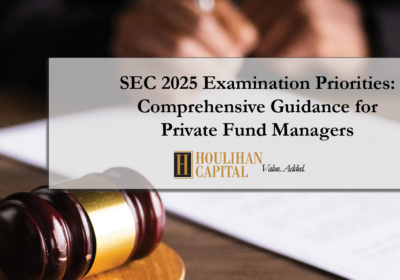Public companies are required to comply with United States Securities and Exchange Commission (SEC) filings and regulations. On average, public companies can spend anywhere from $1-$3 million a year more than similar private companies. Studies have shown that public companies spend more on investor relations personnel, board costs and, most significantly, costs of compliance with the SEC (quarterly and annual filings, Form 8-Ks, etc.).
In addition to reduced annual costs, there can be substantial benefits to going private or going dark including reduced personal liability associated with certifying financial statements, less stringent corporate governance requirements and lower public disclosure (e.g., executive compensation or sensitive business information).
A going private transaction is when the public company (“Issuer”) or an affiliate of the Issuer acquires all the outstanding shares of common stock of the Issuer. Federal SEC rules and State law issues need to be addressed before going private. Generally, however, in a going private transaction, the Issuer:
delists its shares from exchange or Nasdaq
deregisters its shares with the SEC, and
the minority shareholders are cashed out.
A going private transaction is typically accomplished via merger, tender offer, or a reverse stock split. A key factor is that it does require cash to effectuate the transaction.
Going dark is another alternative for public companies. Going dark, in general, applies when the Issuer with less than 300 record holders voluntarily ceases to be a reporting company.
Issuer delists shares with exchange or Nasdaq
Issuer deregisters shares with the SEC
No change in shareholder base
No requirement to raise cash to fund a buyout transaction
In either a going private or going dark transaction, obtaining a fairness opinion from an independent advisor is considered best practice. Lawyers and other advisors stress the importance of a fairness opinion as a shield against shareholder dissension. The main purpose of a fairness opinion is to determine whether the terms of a deal are fair to the shareholders – particularly minority shareholders. Further, in either transaction, Rule 13e-3 of the Securities Exchange Act of 1934 will apply. Rule 13e-3 imposes additional disclosure requirements on mergers, tender offers, asset sales, and other acquisition transactions, and specifically, in going private transactions, requires the filer to state whether it reasonably believes that the transaction is fair or unfair to unaffiliated shareholders.
For more detail on Going Private vs. Going Dark, please click here to view our full presentation. For more detail and to view our white paper on Fairness Opinions – Uses and Issues, please visit our website.
Houlihan Capital is a leading, solutions-driven valuation, financial advisory and boutique investment banking firm committed to delivering superior client value and thought leadership in an ever-changing landscape. The firm has extensive experience in providing objective, independent and defensible opinions of value that meet accounting and regulatory requirements. Our clients include some of the largest asset managers around the world, and private equity funds, hedge fund advisors, fund administrators, and other asset management firm’s benefit from Houlihan Capital’s comprehensive valuation and financial advisory services. Houlihan Capital is a Financial Industry Regulatory Authority (FINRA) and SIPC member, committed to the highest levels of professional ethics and standards.
For more information on independent third party valuation services, please visit www.houlihancapital.com, contact Paul Clark (pclark@houlihancapital.com) at 312-450-8656.



